Understand
Paranagu, with its captivating name meaning "big round sea," sits on a wide bay that serves as a gateway to the world. As one of the oldest settlements in Paran, this city holds remnants of its colonial past, bridging the gap between history and modernity. Founded in 1550 on the island of Cotinga, Paranagu has expanded onto the mainland, preserving its colonial charm. The rich history of Paranagu is beautifully intertwined with its role as a prominent port city. Serving as a departure point for Ilha do Mel, an enchanting island waiting to be explored, Paranagu has become a hub of activity and culture. The city beckons travelers with its historical treasures and optimal conditions for maritime trade. Explore the colonial remnants, experience the bustling port, and set sail towards new adventures from the captivating shores of Paranagu!
Map & Climate
Popular Foods
 Feijoada is a traditional Brazilian stew made with black beans and various meats, typically including pork, sausage, and beef. It's cooked slowly with onions, garlic, and spices, resulting in a rich and hearty dish. Often served with white rice, orange slices, and farofa (toasted cassava flour).
Feijoada is a traditional Brazilian stew made with black beans and various meats, typically including pork, sausage, and beef. It's cooked slowly with onions, garlic, and spices, resulting in a rich and hearty dish. Often served with white rice, orange slices, and farofa (toasted cassava flour). 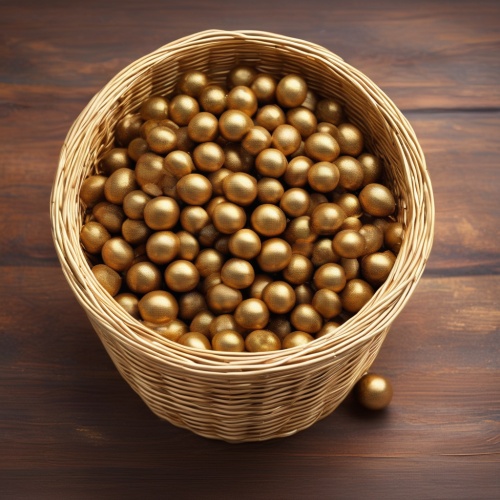 Pão de queijo, also known as Brazilian cheese bread, is a popular snack or appetizer made with tapioca flour and cheese. These small, round balls have a crispy exterior and a soft, cheesy interior. Commonly filled with cheese like mozzarella or minas cheese, they can be enjoyed warm or cold.
Pão de queijo, also known as Brazilian cheese bread, is a popular snack or appetizer made with tapioca flour and cheese. These small, round balls have a crispy exterior and a soft, cheesy interior. Commonly filled with cheese like mozzarella or minas cheese, they can be enjoyed warm or cold. 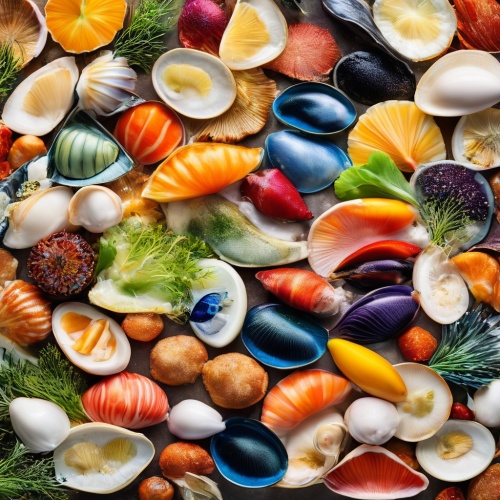 Moqueca is a seafood stew originating from the northeastern region of Brazil. It consists of fresh fish, shellfish, coconut milk, onions, tomatoes, and regional spices, cooked in a single pot. Usually served with white rice, it showcases the abundance of seafood found along Brazil's extensive coastline.
Moqueca is a seafood stew originating from the northeastern region of Brazil. It consists of fresh fish, shellfish, coconut milk, onions, tomatoes, and regional spices, cooked in a single pot. Usually served with white rice, it showcases the abundance of seafood found along Brazil's extensive coastline. 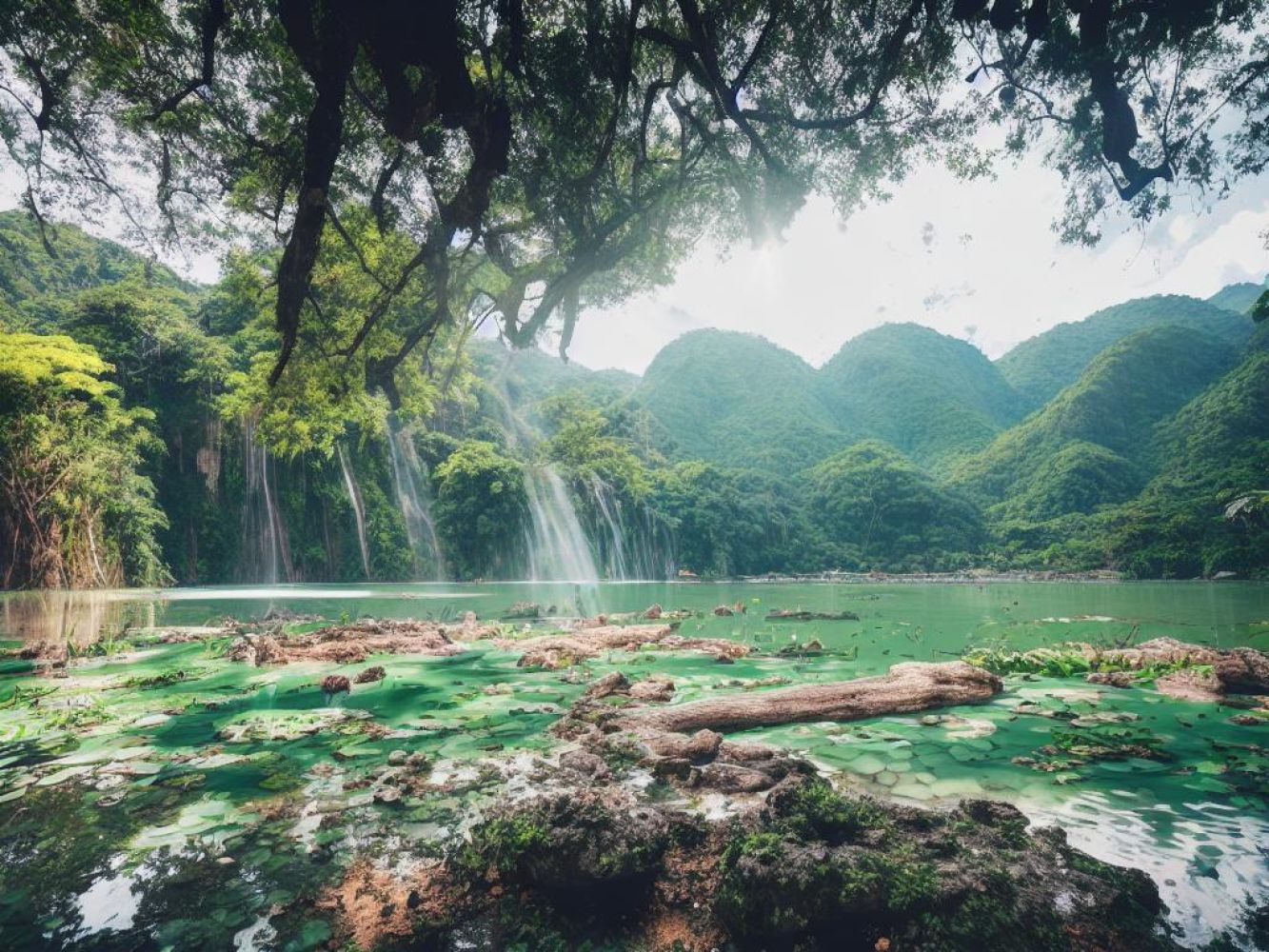
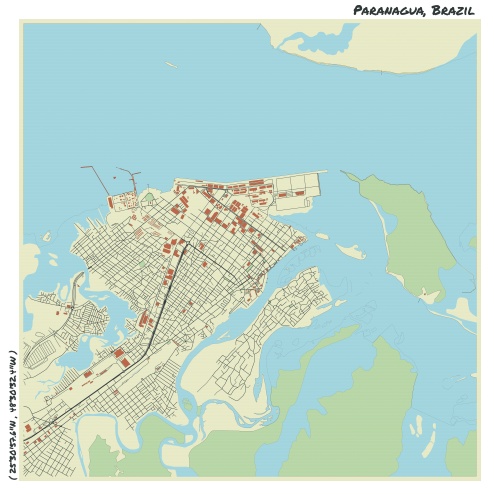


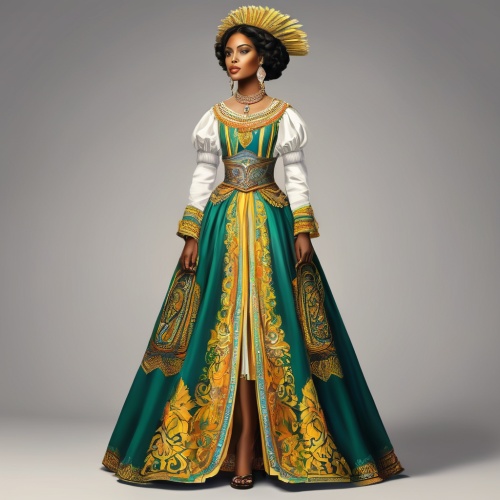
Comments
NO COMMENTS